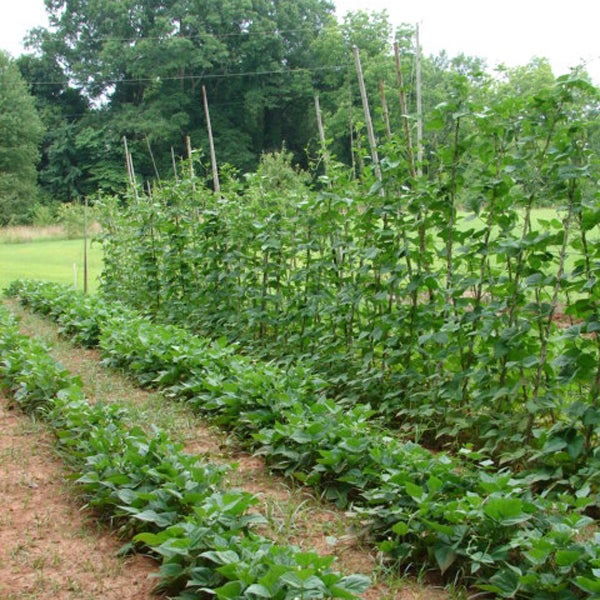By Nelson D. Wynn, Regional Extension Agent
It is time for gardeners in Chilton County to start planning their fall vegetable gardens.
In Chilton County, late summer and early fall is the time to plant many cool-season vegetables. The shorter and cooler days are ideal for the leafy vegetables.
Site Selection and Seed
When selecting a site, make sure that it is in full sun.
A soil test is the only way to determine lime needs and the best way to figure fertilizer needs. The soil needs to be tested at least every two years.
Contact the Chilton County Extension Office in Clanton for more information on soil testing.
When buying seed, check the date to make sure they are not old. Seed are cheap; try to get the best available.
Plant small seed like turnips and carrots about 1/4 to 1/2 inches deep. If you are going to buy or grow your own transplants, use stocky, healthy and fresh plants.
Weed Control
One of the best ways to control weeds in a home garden is to use mulch.
Chemical weed killers are not usually recommended for home gardens.
Before using a weed control product, get full information on how to use it and on what crop it should be used.
Water your garden during long, dry periods. The vegetables will need an inch of water a week. Therefore, soak the garden thoroughly once a week; don’t just sprinkle daily.
Light, frequent irrigation helps only during the seed germination.
Overhead irrigation, especially late in the afternoon, is likely to spread certain foliage diseases. If you use overhead irrigation, do so earlier in the day so plants can dry before night.
Disease Control
The best practices in disease control are rotation, clean seed, resistant varieties, early planting, plowing under old crop debris, mulching and seed treatment.
Chemical fungicides may be used to control some common leaf diseases.
If the garden is heavily infested with nematodes, either move the garden or heat the soil through a process called soil solarization.
Use bio-sensitive insecticides as your first choice to treat for insect problems in the garden.
Safer insecticidal soaps will help control aphids and other soft-body insects.
Malathion is a good all-around material for aphids and red spider mites, it and gives some worm control.
Carbaryl (sevin) is another effective material. Bacillus Thuringiensis, or Bt (Dipel, Thuricide) is an excellent biological control for cabbage worm or cabbage looper.
Use all chemicals for insects, weeds or nematodes according to directions on the label.
Planting Seasons
The following vegetables can be planted mid-August through September in
Chilton County: turnips, rutabagas, collards, kale, mustard, spinach, Swiss chard, cabbage and kohlrabi.
In Chilton County, we do not get an early killing frost, and leafy greens will continue to grow. Some leafy greens taste sweeter and are tender after they have had some frost.
Harvest turnip roots when they are 2 to 2 1/2 inches in diameter, but before heavy fall frosts. Harvest greens when they are 4–6 inches in length.
August is the best time to plant broccoli and cauliflower seeds.
The transplants will be ready to be set out in September.
The fast-growing vegetables, such as leaf lettuces, arugula and radishes, can be planted every two weeks to extend the harvesting period.
Harvest radishes when the roots are 1 to 1 1/2 inches in diameter.
Onions can be planted from mid-September through mid-October. Remember not to harvest onions until tops falls over and begin to dry. Pull with tops on and dry them in a protected place, cutting tops one inch above bulb for further drying.
Carrots can be planted between July 20 and Sept. 20. Harvest carrots when they are small and succulent, about 3/4 to 1 inch in diameter. During cool dry, periods, carrots may be left in the ground for later harvest.
Harvest Time
Remember, the best time to harvest most vegetables is early morning before they absorb heat from the sun. Freeze or can the surplus if you want to enjoy your garden all year.
Regional Extension Agent Nelson D. Wynn can be reached by calling the Chilton County Extension Office at 205-280-6268.

